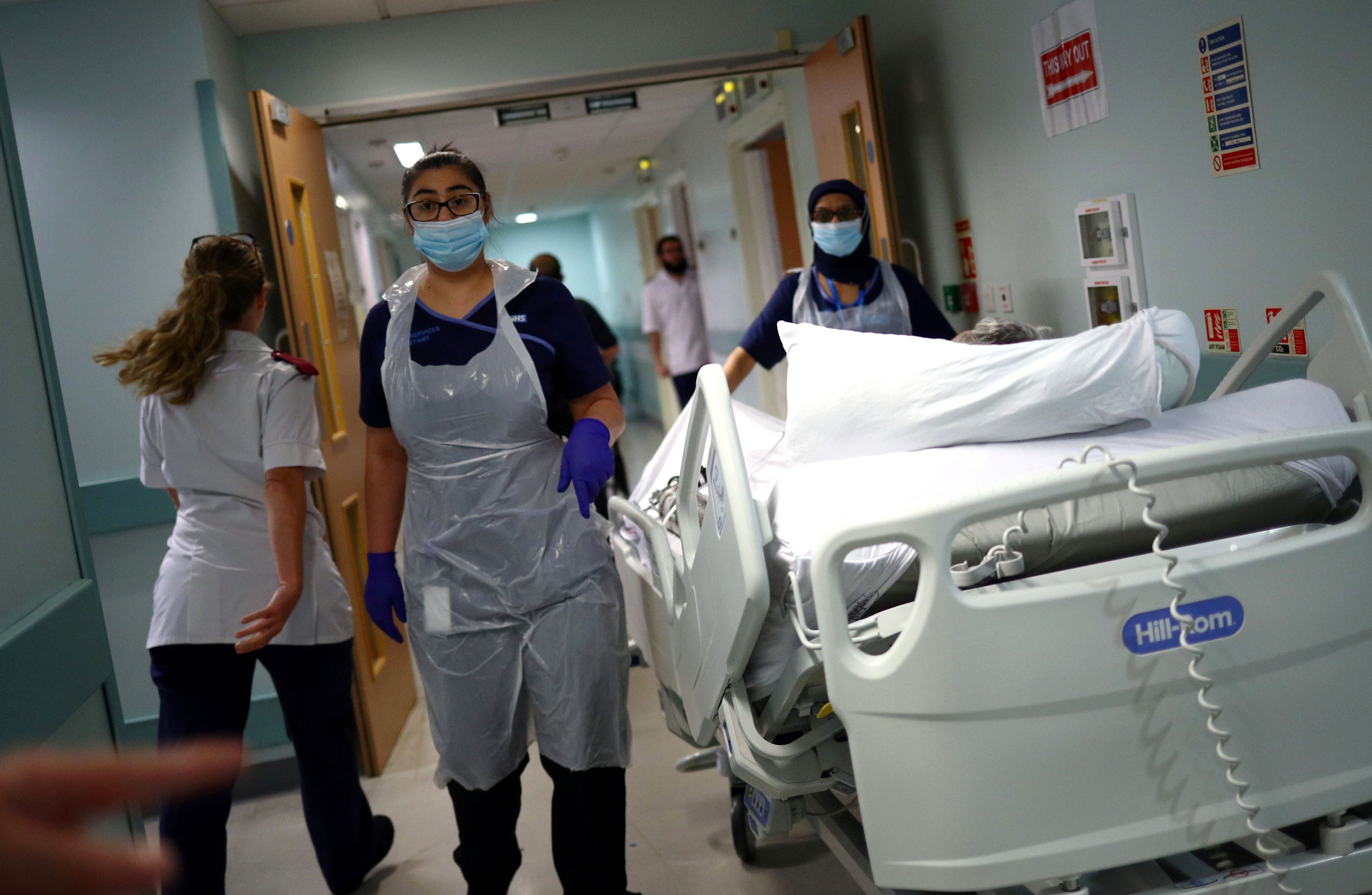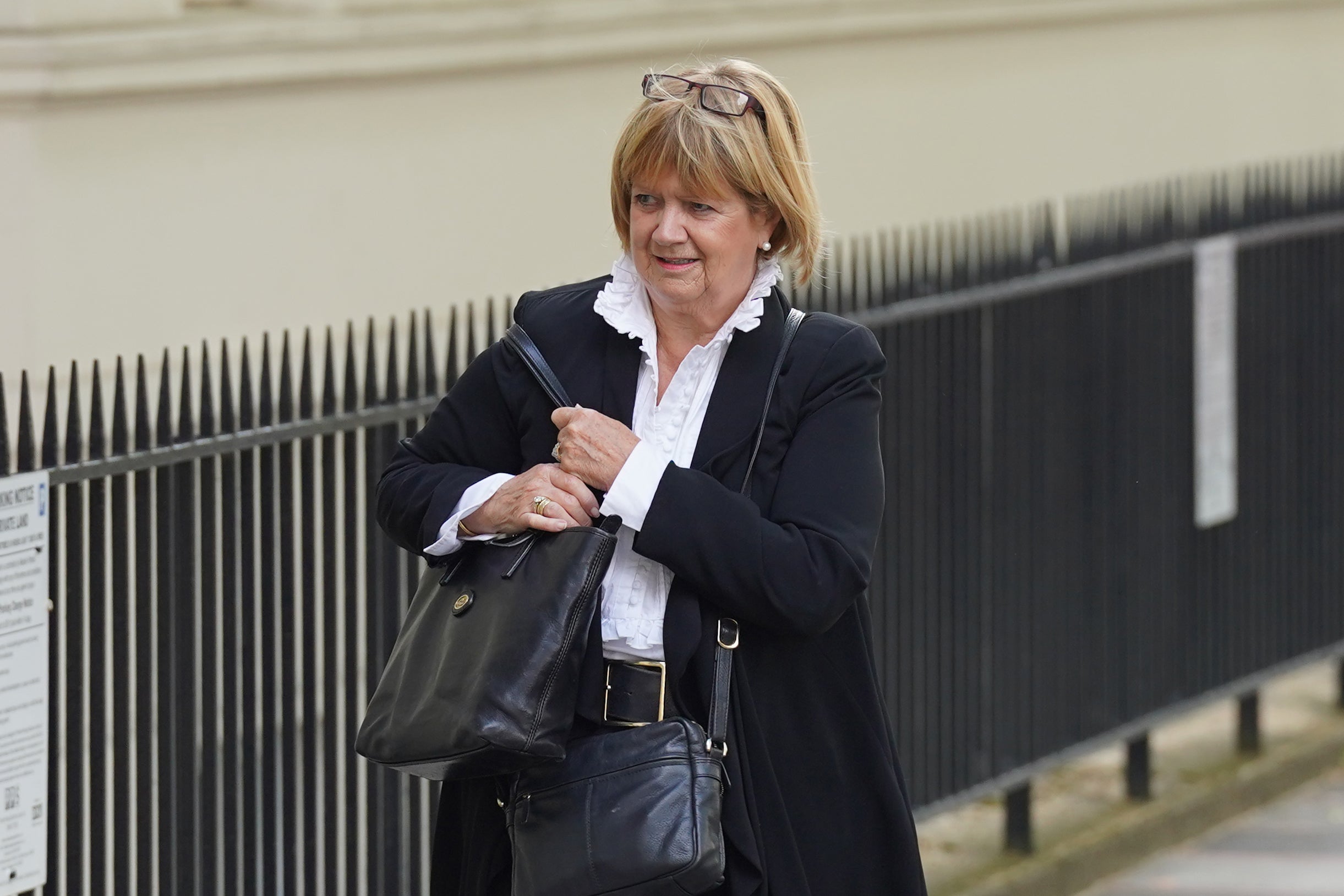Government failed public by preparing for wrong pandemic, damning Covid inquiry report finds
Covid inquiry finds ‘groupthink’ led to failures in preparing the UK for the pandemic

The UK Government and the civil service “failed” the public due to “significant flaws” in preparing for the Covid-19 pandemic, a public inquiry has found.
In its first report into preparedness for a pandemic, the UK Covid-19 Inquiry said there was a “damaging absence of focus” on the measures and infrastructure that would be needed to deal with a fast-spreading disease, even though a coronavirus outbreak at pandemic scale “was forseeable”.
The report found groups advising the government did not have sufficient freedom and autonomy to express different views and were often undermined by “groupthink.”
On Thursday inquiry chair, Baroness Heather Hallett, presented her report on how well the UK was able to face a deadly outbreak in the run-up to 2020 when the Covid-19 pandemic swept across Britain.
There were more than 235,000 deaths involving Covid-19 in the UK up to the end of 2023.

In her foreword to the report, Baroness Hallett said lessons must be learned and “never again can a disease be allowed to lead to so many deaths and so much suffering”.
A major flaw, according to the inquiry, was the lack of “a system that could be scaled up to test, trace and isolate” people.
The report added: “Despite reams of documentation, planning guidance was insufficiently robust and flexible, and policy documentation was outdated, unnecessarily bureaucratic and infected by jargon.”
The inquiry said it had “no hesitation” in concluding that the “processes, planning and policy of the civil contingencies structures within the UK government and devolved administrations and civil services failed their citizens”.
The report found:
- The UK “prepared for the wrong pandemic”, namely a flu pandemic which was “inadequate for a global pandemic of the kind that struck”
- In the years leading up to the pandemic, “there was a lack of adequate leadership, coordination and oversight”
- Ministers “failed to challenge sufficiently the advice they did receive from officials and advisers”, and they did not receive a broad enough range of scientific opinion and policy options.
- Groups advising the Government “did not have sufficient freedom and autonomy to express dissenting views”, there was a lack of challenge to what was said, and the advice was often undermined by “groupthink”.
- There were “fatal strategic flaws” in the assessment of the risks facing the UK, including a future pandemic.
- Emergency planning generally failed to account for how the vulnerable would be looked after
Key politicians, scientists and health experts appeared as witnesses during the first module of the inquiry – which is titled Resilience and Preparedness.
Former health secretaries Matt Hancock and Jeremy Hunt were put under the spotlight during oral evidence sessions, alongside former prime minister Lord Cameron and former levelling up secretary Michael Gove.
In her recommendations, Baroness Hallett called for a new pandemic strategy to be developed and tested at least every three years, with a UK-wide crisis response exercise.
She said the Government and political leaders should be properly held to account on a regular basis “for systems of preparedness and resilience”.

She also said external experts from outside Whitehall and government should be brought in to challenge and guard against “the known problem of groupthink”.
In her foreword, Baroness Hallett said: “It is not a question of ‘if’ another pandemic will strike but ‘when’.
“The evidence is overwhelmingly to the effect that another pandemic – potentially one that is even more transmissible and lethal – is likely to occur in the near to medium future.
“Unless the lessons are learned, and fundamental change is implemented, that effort and cost will have been in vain when it comes to the next pandemic.
“There must be radical reform. Never again can a disease be allowed to lead to so many deaths and so much suffering.”
Subscribe to Independent Premium to bookmark this article
Want to bookmark your favourite articles and stories to read or reference later? Start your Independent Premium subscription today.

Join our commenting forum
Join thought-provoking conversations, follow other Independent readers and see their replies
Comments